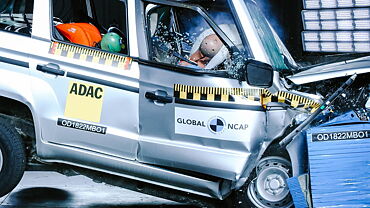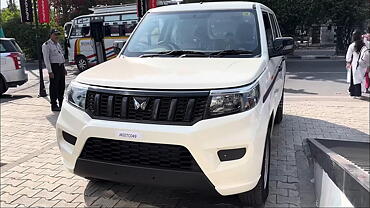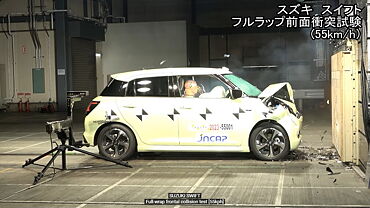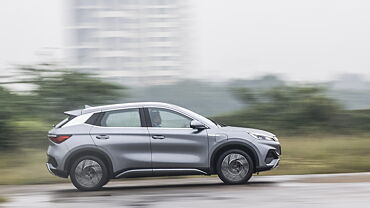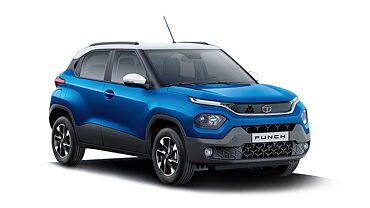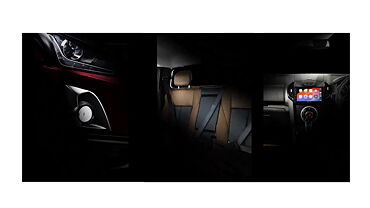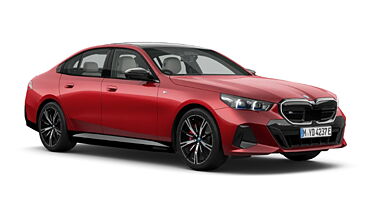Statistics displaying the number of accidents that take place on the road across the globe are quite alarming. German engineering firm Bosch, which is known for developing cutting edge technologies, has discovered a positive side of these numbers due to the Anti-lock Braking System (ABS) and used German In-Depth Accident Study (GIDAS) as a base to explain things. According to a report in Overdrive, the firm has managed to find a way out of this problem and also said the study revealed that more than 60 per cent of riding accidents take place due to errors that can be avoided using an in-house developed technology called MSC (Motorcycle Stability Control).
Speaking in an interview, the representative from Bosch, explained, that Motorcycle Stability Control is a technique that records a number of parameters and then, in accordance with them, adjusts the support of ABS and traction control. To put things in a nutshell, this technology makes on road alterations to the conditions of the bike with respect to conditions that it is being ridden in, thereby reducing chance of any mishap. It substantially reduces the chance of a serious or life-risking injury in case the action is inevitable.
Gerhard Steiger, President at Bosch Chassis Systems Control, spoke about this technology stating its positives. “MSC currently offers the best possible support, whether braking or accelerating, and even when the rider is leaning over at a steep angle,” he said. According to Bosch, the system has the ability to fathom the linear acceleration along with the tilt rate to anticipate the wheel ascertained to lose connection of the ground beneath and accordingly takes evasive measures.
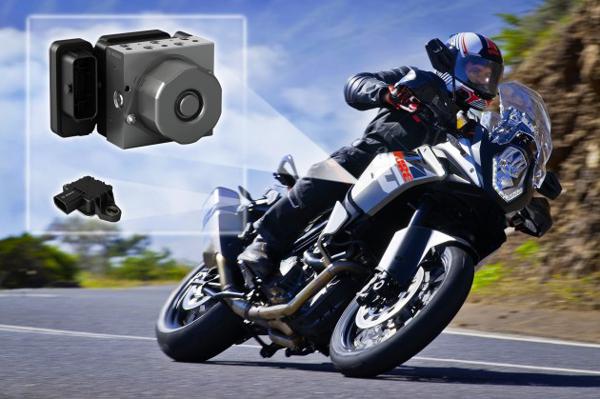
Though MSC has not been applied much in bikes across the globe, except for KTM 1190 Adventure and Adventure R, it is surely a thing for the future and is likely to grow bigger, even in a country like India, where international safety norms are not adhered to by manufacturers.
Speaking about the compulsion of ABS and its necessity in European markets, Bosch believes that ABS will surely be compulsory in sometime and says, “ABS for two-wheelers has been made compulsory in the European market. The new regulation is effective for all vehicles registered from 2017 onwards. Though not compulsory in India, ABS comes as standard in a lot of two-wheelers such as the Bajaj Pulsar SS400 and the Triumph Street Triple. Steiger again cited the findings of the GIDAS to substantiate the merits of ABS as an effective accident prevention measure, stating that it can help avoid a quarter of all motorcycle accidents resulting in death or injury.”
A market as low cost as Bosch has produced ABS 9 light, which has the capability to control the wheel (front) with the use of hydraulic brake channel. MSC holds a certain advantage over ABS as it can predict when both wheels will lift off the ground while the other can do it only for the rear. The other big factor in MSC is the lean-angle sensor, which is much more advanced than the basic pressure sensor used in ABS.




